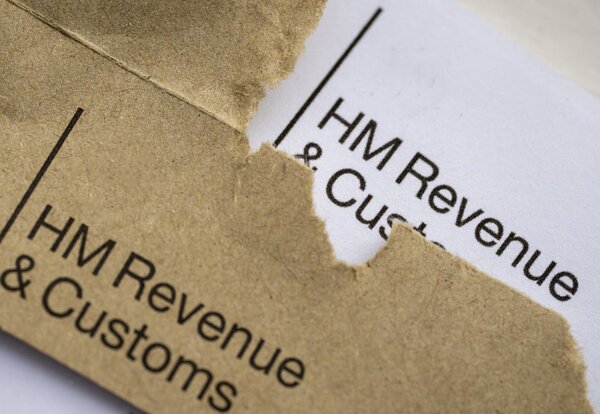Chancellor Rachel Reeves’ flagship business rates reform announced in her October 2025 Budget is facing growing scrutiny, with Britain’s major food wholesalers warning it could push parts of the sector to the brink.
The reforms, designed to permanently lower rates for retail, hospitality, and leisure from 2027-28, will be funded by higher charges on larger premises such as warehouses and supermarkets. The Treasury says the goal is to create a fairer system that protects high streets and clamps down on online giants like Amazon.
But wholesalers including industry leaders such as Booker Group, Bestway, and Bidfood argue that despite their thinner margins compared to large retailers, they too will be caught by the new rules. That, they warn, risks higher food costs for consumers and further pressure on small shops already struggling in a weak retail climate.
The Structure of the Reform
Under Reeves’ plans, smaller retailers will see permanent relief worth up to 40% from 2027-28, while large warehouses and distribution centres will face steeper rates. This is part of Labour’s manifesto pledge to “level the playing field” between bricks-and-mortar shops and e-commerce platforms.
The Treasury insists only “the top 1% of the most valuable commercial properties” will pay more, with relief targeting high street firms that have long complained of being disadvantaged compared to online competitors.
Industry Pushback from Wholesalers
Food wholesalers, however, say they are collateral damage in the reform. Booker, Bestway, and Bidfood are among the UK’s largest players, with combined turnover in the billions. They supply corner shops, schools, hospitals, and restaurants and argue higher costs will inevitably be passed down the supply chain.
Trade groups have raised the alarm, suggesting that wholesale businesses, unlike online giants, do not have the margins to absorb new costs. Their concern is that food price inflation which has only recently begun to ease could be reignited.
Question Marks Over the £1.7bn Figure
The headline £1.7bn figure attached to the reform has circulated in some media reports but has not been independently verified. The Treasury has not confirmed this amount in official documents, raising questions over whether the projected tax impact is overstated.
Similarly, while some outlets have referred to a group called “Food and Drink Wholesale UK” (formerly the Federation of Wholesale Distributors), the latter still appears to operate under its original name. This highlights the difficulty of separating political spin, sector lobbying, and confirmed government detail at this early stage of the reform.

Retail Sector Under Pressure
The concerns come at a tough time for UK retail. The Confederation of British Industry (CBI) has reported months of sluggish consumer demand, with retailers scaling back investment and hiring as higher employer National Insurance contributions bite.
Although the widely repeated claim of “11 consecutive months of sales decline” cannot yet be verified, the underlying trend is clear: retailers are cautious, consumers are spending less, and any rise in wholesale costs could further squeeze the sector.
Broader Economic Risks
Critics warn the reforms could hit local economies hardest. Wholesalers support thousands of convenience stores across the UK, often in less affluent areas. If they are forced to raise prices or close depots, it could leave small businesses with fewer supply options and higher costs, disproportionately affecting lower-income households.
Economists also caution that the government may be misjudging timing. With inflation still elevated and growth fragile, businesses argue that shifting additional tax burdens onto suppliers risks slowing recovery even if the policy is well-intentioned.
Political Stakes for Reeves
For Chancellor Reeves, the reforms are a flagship policy designed to deliver on Labour’s election promise to “protect the high street.” But industry pushback risks undermining that narrative, especially if food prices rise or wholesalers shutter operations.
Labour will need to balance its commitment to fairness with the practical realities of supply chains. A failure to adapt could see the party accused of inadvertently hitting the very communities it pledged to defend.

Conclusion
Rachel Reeves’ business rates reform aims to protect high streets and rein in global e-commerce giants. But the policy’s design risks drawing in food wholesalers who operate on low margins and play a crucial role in supporting small retailers.
While the Treasury insists fewer than 1% of properties will be affected, industry leaders warn the knock-on effect could be higher food costs and weakened competition in local retail. The contested £1.7bn figure and questions over lobbying groups show that details remain murky.
The government’s challenge is now one of precision: ensuring that reforms deliver fairness without destabilising key sectors. If not, a policy meant to revive high streets may instead deepen the strain on businesses and consumers alike.











